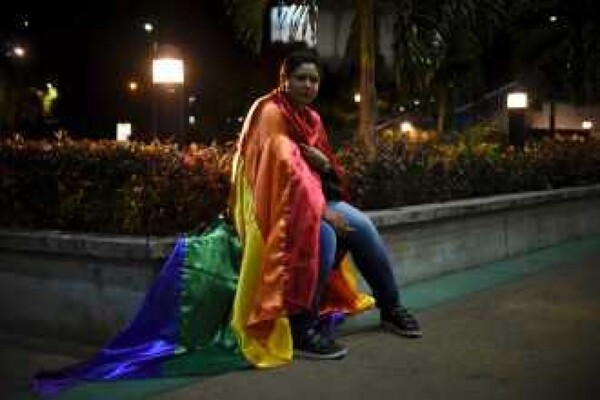
The Federal Chamber of Cassation has sent its ruling to the Oral Criminal Federal Court 3 to reevaluate the case and consider the possibility of granting parole. In his opinion, Ledesma argued in favor of parole, stating that some restrictions imposed by certain articles of the Penal Code and Law 24.660 undermine the progressiveness of the regime constitutionally enshrined.
Law 24.660, known as the Law on the Execution of the Deprivation of Liberty Penalty and amended in 2017, regulates the criteria and procedures for implementing alternative measures to imprisonment. The recent resolution of the Cassation Chamber has relaxed this regulation, according to judicial sources, generating a debate about the balance between human rights and public safety in a country facing significant challenges regarding crime.
The situation raises questions about the application of the law in cases of serious crimes such as drug trafficking. The ruling of the Chamber would not only benefit Beati, convicted for illegal drug trafficking, but could also open the door to hundreds of those sentenced for similar crimes. This highlights the complexity of the Argentine judicial system and underscores the need for a deeper debate on the application of the law in these cases.
The resolution was made by two votes in favor and one against, with the majority of the Chamber considering certain articles of Law 24.660 unconstitutional that prohibited parole for serious crimes. According to the majority opinion, the law lacks adequate modalities for supervised release, limiting it to temporary daytime outings. The decision has generated concern among judicial sectors and could impact the fight against dangerous crimes such as drug trafficking.
The dissenting vote advocated for rejecting the appeal, citing judicial precedents that support this stance. The Chamber's decision has been questioned for declaring parts of the law unconstitutional during a holiday session, which has been seen as unnecessary action and a possible setback in criminal justice. Although the ruling benefits Beati, its broader implications for the Argentine judicial system still need to be assessed.














